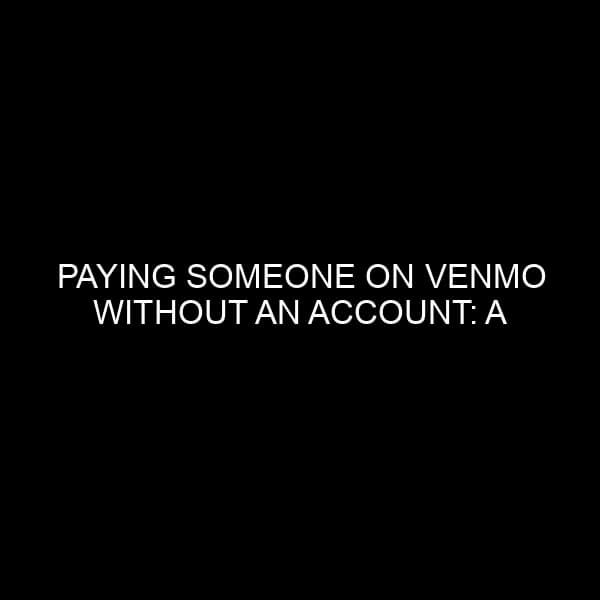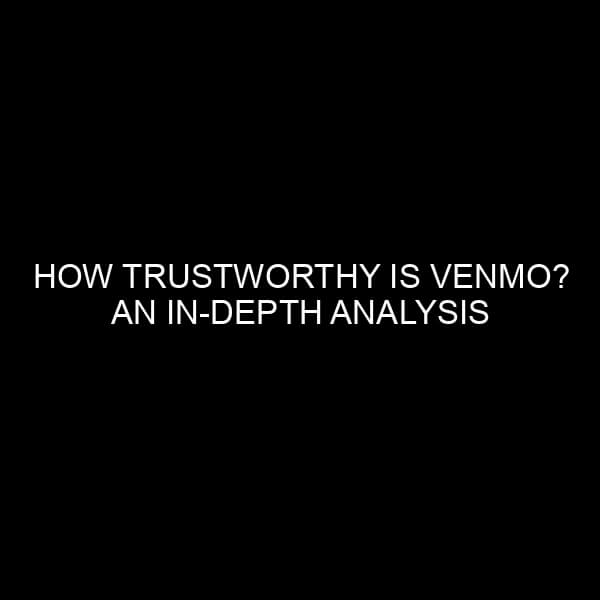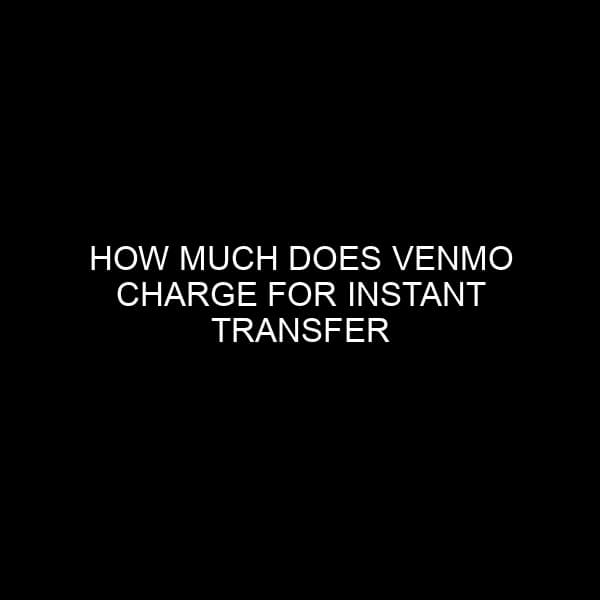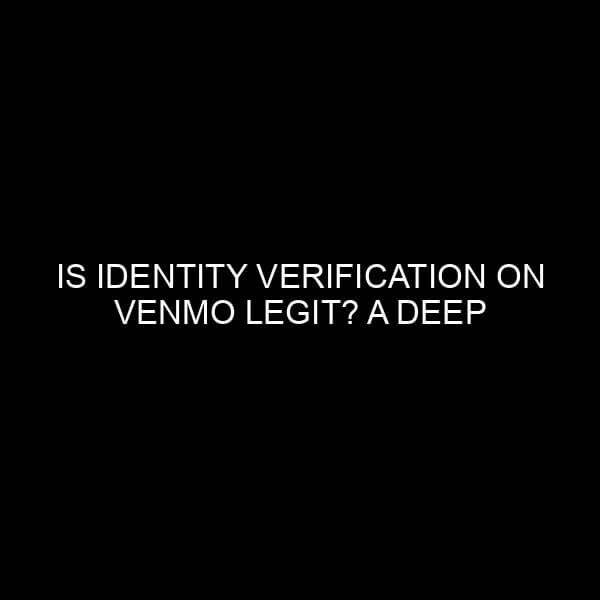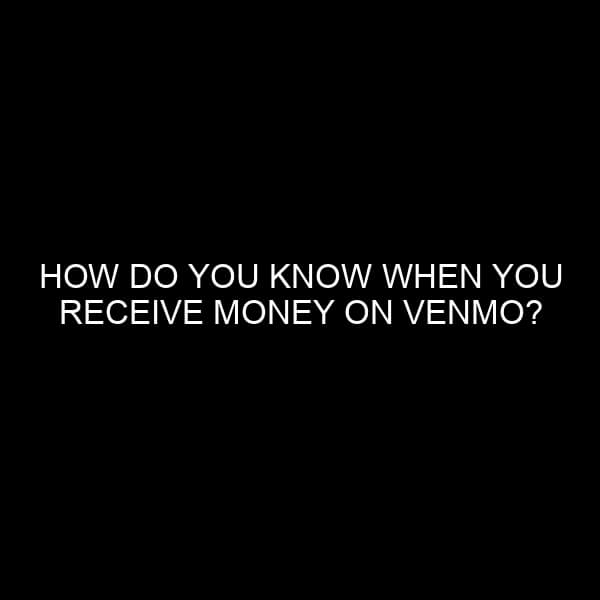Paying Someone on Venmo Without an Account: A Comprehensive Guide
In today’s fast-paced digital age, transferring money effortlessly and instantly has become more crucial than ever. Venmo, a popular digital payment platform owned by PayPal, is a beacon of this revolution. But what happens when you need to pay someone on Venmo, yet you don’t have an account? With my extensive background in the financial market and banking industry, I’ll guide you through your options and the intricacies of such payments. Buckle up; this guide is designed to give you a thorough understanding.
Introduction to Venmo
Before we delve into the specifics, it’s essential to understand the essence of Venmo. Venmo is a mobile payment service that enables users to send and request money from others. While primarily intended for transactions between friends, it’s now widely used for various payment scenarios, from settling a bill at a restaurant to buying goods online. The platform has witnessed tremendous growth since its establishment, with millions opting for its user-friendly interface and instant payment mechanism.
Can You Really Pay Someone on Venmo Without an Account?
Technically, to send money directly through the Venmo app, you must have an account. However, there are workarounds to help you make a payment to someone on Venmo without owning an account yourself.
1. Receiving a Venmo Payment Request
How it Works
If someone sends you a payment request via Venmo and you don’t have an account, you’ll receive a link through text or email. Clicking this link will direct you to a web page where you can pay them without creating a full Venmo account.
Steps to Follow
- Click on the link received.
- Choose the ‘Pay as a guest’ option.
- Enter your debit card or credit card details.
- Confirm the payment.
2. Using a PayPal Account
Given that PayPal owns Venmo, it’s logical that there’s a synergy between the two platforms.
How it Works
If you have a PayPal account, you can link it to Venmo and use PayPal as a bridge to send money. While this isn’t a direct payment to Venmo from a non-user, it’s a handy trick for PayPal account holders.
Steps to Follow
- Ask the recipient for their Venmo QR code.
- Use the PayPal app to scan the QR code.
- Make the payment through PayPal, which will subsequently get sent to the recipient’s Venmo account.
3. Bank Transfers
Although a bit roundabout, if you’re keen on ensuring your friend or business associate gets their payment through Venmo, you can send them money via a traditional bank transfer, and they can then upload it to their Venmo account themselves.
Steps to Follow
- Ask the recipient for their bank account details.
- Use your bank’s app or online portal to send them the money.
- The recipient can then transfer the received money to their Venmo account.
Pros & Cons of Using These Methods
Pros:
- Flexibility: Offers an alternative if you’re hesitant about creating a Venmo account.
- Utilization of Existing Resources: If you already have a PayPal account, it becomes relatively straightforward.
Cons:
- Not Direct: These aren’t direct ways of sending money via Venmo. They’re essentially workarounds.
- Limitations: The ‘Pay as a guest’ feature might have limitations on transaction amounts or frequency.
Should You Consider Creating a Venmo Account?
Given the ease with which payments can be made and received on Venmo, it’s worth considering setting up an account, especially if you anticipate frequent transactions. Not only does it streamline payments, but it also allows for better transaction tracking.
Conclusion
While Venmo is designed for users with accounts to send and receive payments, it’s possible to navigate around this requirement with the methods mentioned above. However, if you find yourself frequently reaching out to such workarounds, it might be time to consider setting up a Venmo account. As digital payments continue to dominate the financial landscape, platforms like Venmo are bound to play an increasingly pivotal role in our daily transactions.
